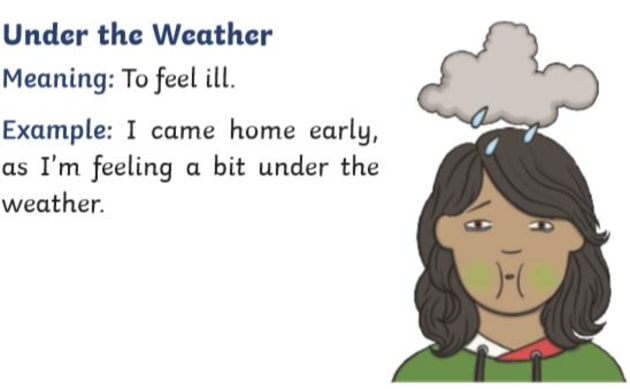What is a RAFT prompt?
A RAFT prompt provides you with a ROLE to be, an AUDIENCE to address, a FORMAT to write in, and TOPIC to write about
What does it mean to make an inference?
Making inferences means choosing the most likely explanation from the facts at hand. Similar to 'reading between the lines' an inference when reading is to make an educated guess.
What is alliteration?
The occurrence of the same letter or sound at the beginning of adjacent or closely connected words.
Are Poem titles Italics or in Quotation Marks when typed?
Quotation Marks
What does the FIRST S stand for in MCASTIPS?
The FIRST S stands fo: Setting
What are the 3 parts of a thesis statement?
- Restate/ Introduce the prompt or topic
- State your Claim/ Answer
- Name your 3 arguments. These become the topics for your 3 body paragraphs
What is an Omniscient narrator?
Name the following literary device used in the following quote:
- “Those Lazy-Hazy-Crazy Days of Summer” (Hans Carste)
Assonance

How many stanzas are included in the poem?
2
In MCAS TIPS A stands for Attitude, what is the difference between Tone and Mood?
The tone is the author's attitude towards the subject. The mood is how the reader/ audience feels when reading.
What does R.A.C.E.S. stand for?
Restate
Answer
Cite
Explain
Summarize
Define the following term:
Diction
Diction means word choice, word choice is the exact words and phrases the author chooses to use.
Taking note of Diction is important when analyzing literature.
In Snow White and the Seven Dwarves, we know that the old woman bringing the apple is the wicked queen who wants to kill Snow White, but she does not. She purchases the apple, takes a bite, and falls.
This is an example of ___.
Dramatic Irony
What would it mean if you were asked to write a Narrative poem?
Narrative poetry is a form of poetry that tells a story, often using the voices of both a narrator and characters; the entire story is usually written in metered verse. Narrative poems do not need rhyme.
What does the C in MCAS TIPS stand for? Name what it stands for and what that means.
Concepts of Literature - Figurative Language
Explain the outline for a typical essay response.
An Introduction paragraph with your thesis statement at the end of that paragraph. 3 Body paragraphs that cover one topic each, and a conclusion paragraph that restates your thesis and summarizes/ concludes all of your arguments.
What does it mean to - Annotate?
Annotating a text is to actively read the text by highlighting key details, asking questions and taking notes in the margins of the text
What Literary Device is being used in the following image?

An Idiom
What type of poem is seen in the included image?
Sonnet
(Shakespearean Sonnet)
Explain the difference between I and the last S in MCASTIPS.
I stands for Independences (contrasting the differences) and the last S stands for Similarities (comparing the likenesses)
Explain a Short Analysis response.
A short analysis contains a thesis statement at the beginning, a solid claim that answers all parts of the question, properly cited evidence using in-text citations that supports your answer, followed by your explanation, analysis and summary.
What is Rhetoric? And explain the difference between Ethos, Logos, and Pathos
Rhetoric is the art of persuasion.
Ethos: Credibility
Logos: Logical Reasoning
Pathos: Emotion
Explain the difference between Theme and Main Idea.
The Theme is a lesson moral or message that is universal and can be applied to many things. The Main Idea of a text is specific to that story and tells the central thought of the text in order to tell the reader what the story will be aboout.
How do you cite poetry using in-text citations?
Use quotation marks and mark the line breaks with a slash. Write the author's last name in parentheses followed by the line number.
Example: "The one who brought me down to earth,/ And held me every day" (Adame lines 1-2).
What are personal pronouns, and do we use them in literary analysis/ academic writing?
Personal pronouns are: I, Me, My. You do not use personal pronouns when analyzing a text or in your academic writing.